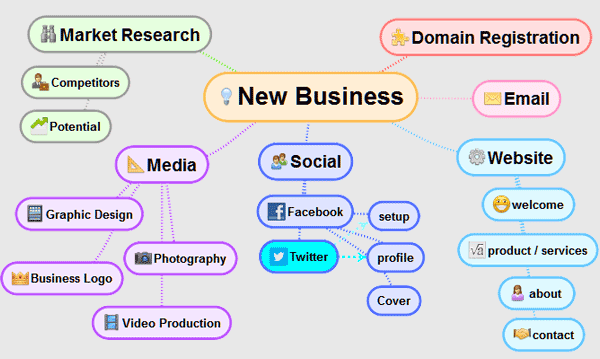Noble’s Hospital is once again in first place in the North West for the provision of medical education to Junior Doctors.
The results relate to feedback from Internal Medicine Year 1 (IMT1), and Noble’s is followed closely in the ranking by Liverpool Heart and Chest Hospital NHS Trust Foundation.
This is the outcome of the annual National Trainee Survey (NTS) for 2023 from the General Medical Council (GMC), which is compulsory for all Junior Doctors in training to complete.
Over 40 doctors undertaking postgraduate training to become either Hospital Consultants or General Practitioners have been seconded by NHS England and are currently working for Manx Care. These include 24 Foundation Doctors, 6 Internal Medicine Trainees, one Obstetrics and Gynaecology junior Doctor and 10 to 12 GP Registrars.
Each Junior Doctor is asked to score their hospital, training and environment across 19 categories including teaching, curriculum coverage, clinical and educational supervision, support, and working environment. For Internal Medicine training, Noble’s finished in the top quartile for 17 out of the 19 areas, with a score of 84% for satisfaction and 91% for clinical supervision.
In that first year, the trainees develop their core skills, gather experience in clinical settings, and play a significant role in hospital life. The Junior Doctors working for Manx Care receive a high level of individual support and development from the senior clinicians they work with, with the training programme offering them a broad experience in general medicine and related specialties. They also receive a carefully planned medical education classroom programme to complement their practical learning, delivered in a post-graduate training environment at the dedicated Medical Clinical Skills Centre facility on the Noble’s Hospital site.
Dr Adrian Dashfield, who leads Medical Education on the Isle of Man within Manx Care, said:
‘It is an incredible achievement for a small Island to be top again. The Isle of Man is now an extremely popular hospital to be allocated to, particularly for the two-year Foundation Doctor training program for new medical graduates straight after medical school. Applicants require a score of 87% to win a place. Attracting the pick of the crop directly benefits patients. Much credit goes to our small Foundation program education team headed by Dr Alison Hool. The consistent positive results make the training here desirable and for practitioners to return here in the future, essentially helping to generate our own workforce. Increasingly, previous trainees having completed their training in the UK are applying for senior posts on Island.’
Manx Care’s Interim Medical Director, Dr Marina Hudson, commented:
‘There are many eyes that fall upon the results of the NTS, so it is wonderful that the Isle of Man has been able to put itself on the map by not only scoring the highest IMT Year One scores in the UK and Isle of Man in 2021, but now also in the North West Region in 2023. Many of the Junior Doctors that train here have a desire to return in future. There is a Consultant working in our Emergency Department who was previously part of the programme, and a Consultant Psychiatrist in CAMHS (Child and Adolescent Mental Health Services), who was previously a junior trainee and has recently shown interest in coming back to the Island. It is a wonderful opportunity for consultants to join us from all departments, whether it be general or specialist medicine, and to build upon an already tremendous workforce to deliver the best possible care to our community.’
Manx Care’s CEO, Teresa Cope, added:
‘At Manx Care we pride ourselves on making sure that trainees are given as much one-to-one training and development as possible, in order to set them up for the time they’ll spend in much larger teaching hospitals in the North West of England during their second and third years. I am incredibly proud of all our teams who are involved. Ultimately, it’s our patients who benefit from being looked after by professionals who’ve received the best possible training and that is important as our service users are at the heart of everything we do.’




